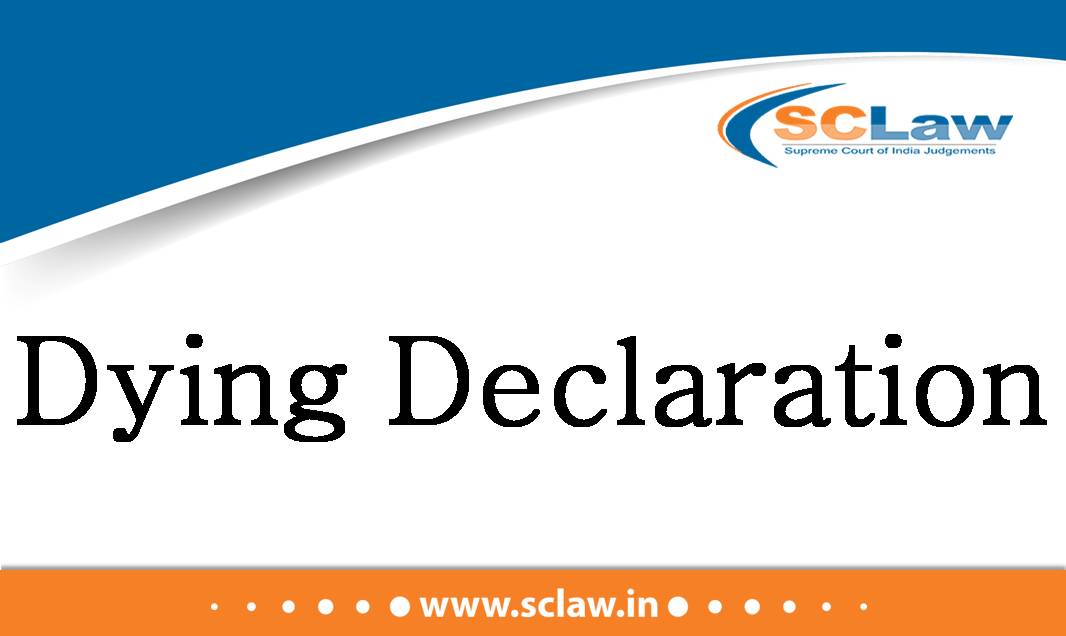Penal Code, 1860 (IPC) — Sections 406, 420, 467, 468, 471 — Criminal Breach of Trust, Cheating, Forgery, Using Forged Document — Joint Venture Agreement — Dispute arising from JVA — FIR quashed — Allegations primarily civil in nature, with a criminal cloak — Dishonest intention not evident from the inception — Delay in lodging FIR indicates civil dispute — Security deposit not refundable, adjustable against share in sale proceeds — No false representation regarding title or litigation in JVA — Allegation of forgery of a tracing document unsubstantiated — Recourse to civil remedies should be taken for contractual disputes.
2026 INSC 192 SUPREME COURT OF INDIA DIVISION BENCH VANDANA JAIN AND OTHERS Vs. THE STATE OF UTTAR PRADESH AND OTHERS ( Before : Pamidighantam Sri Narasimha and Manoj Misra,…



